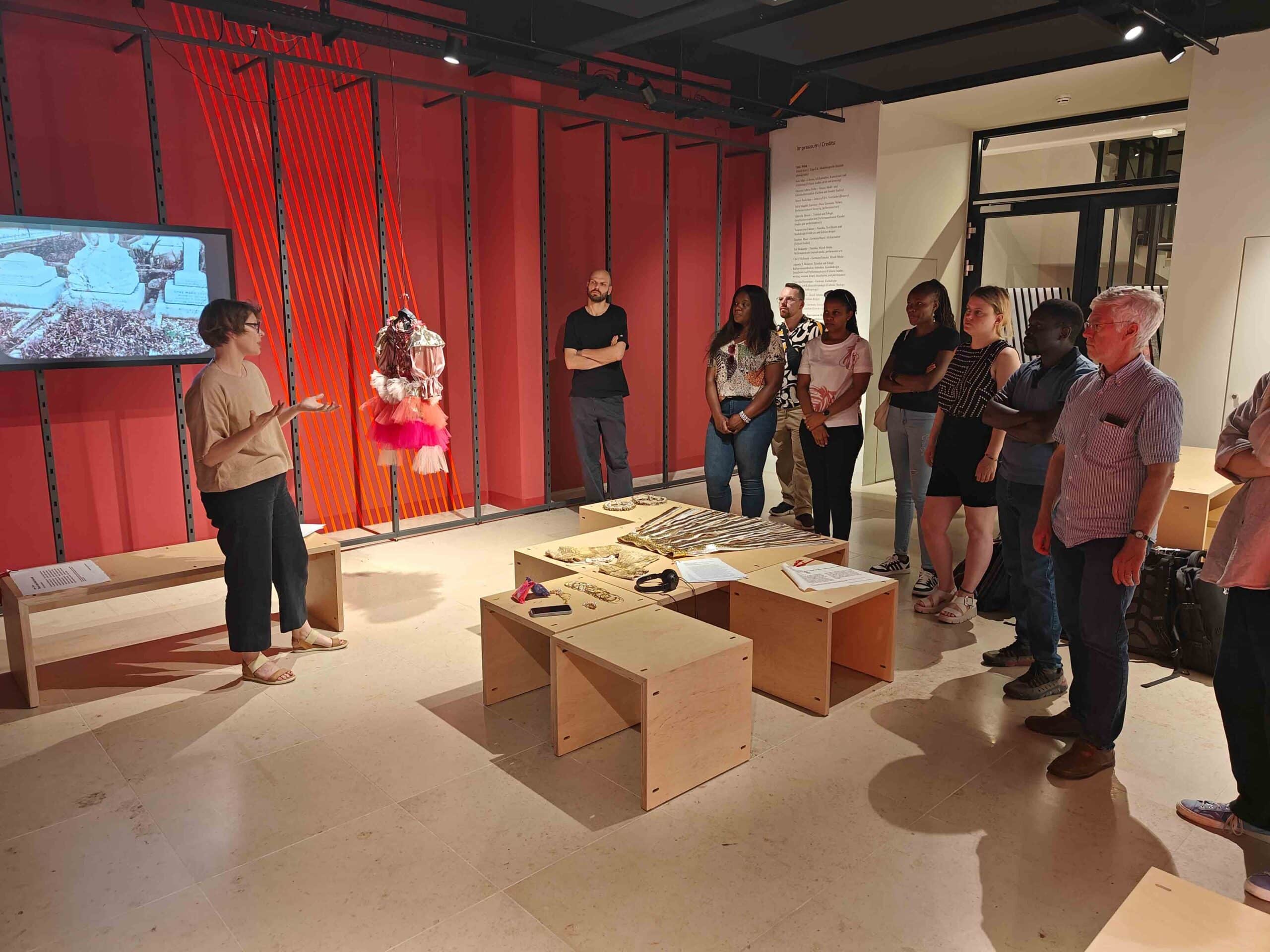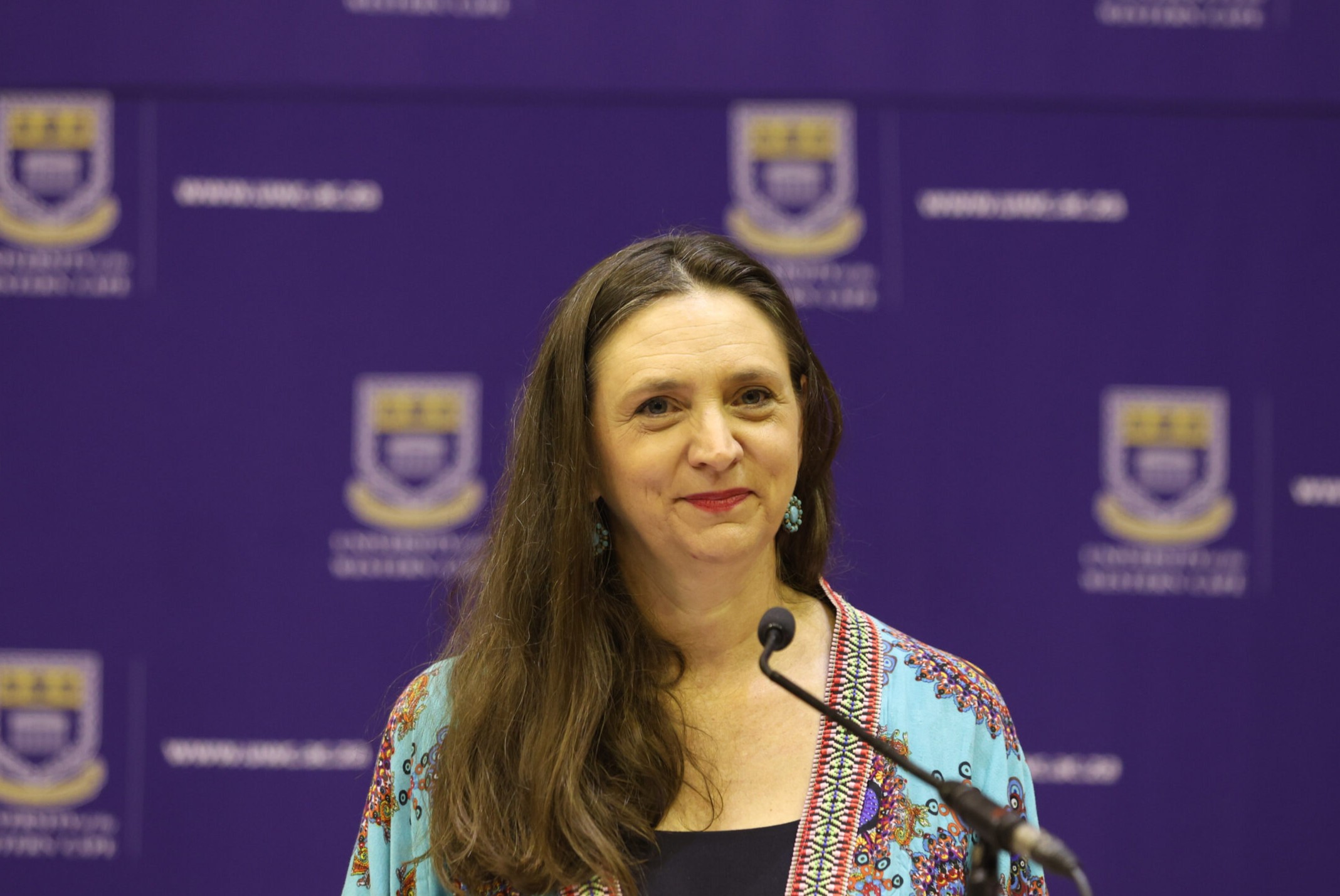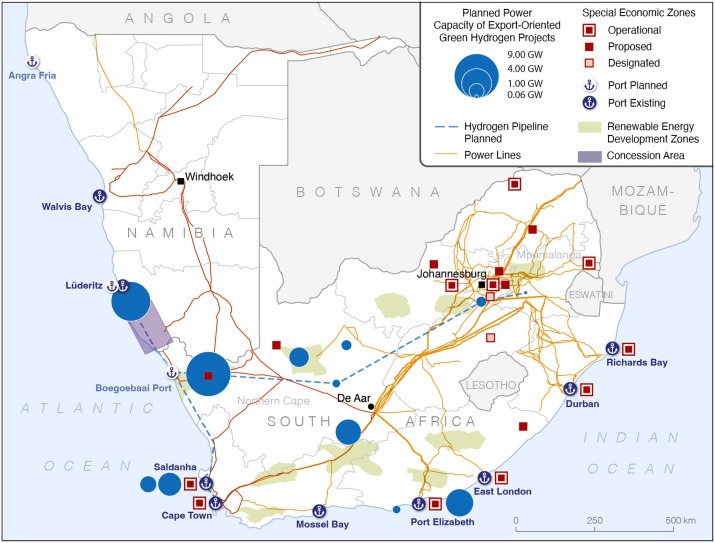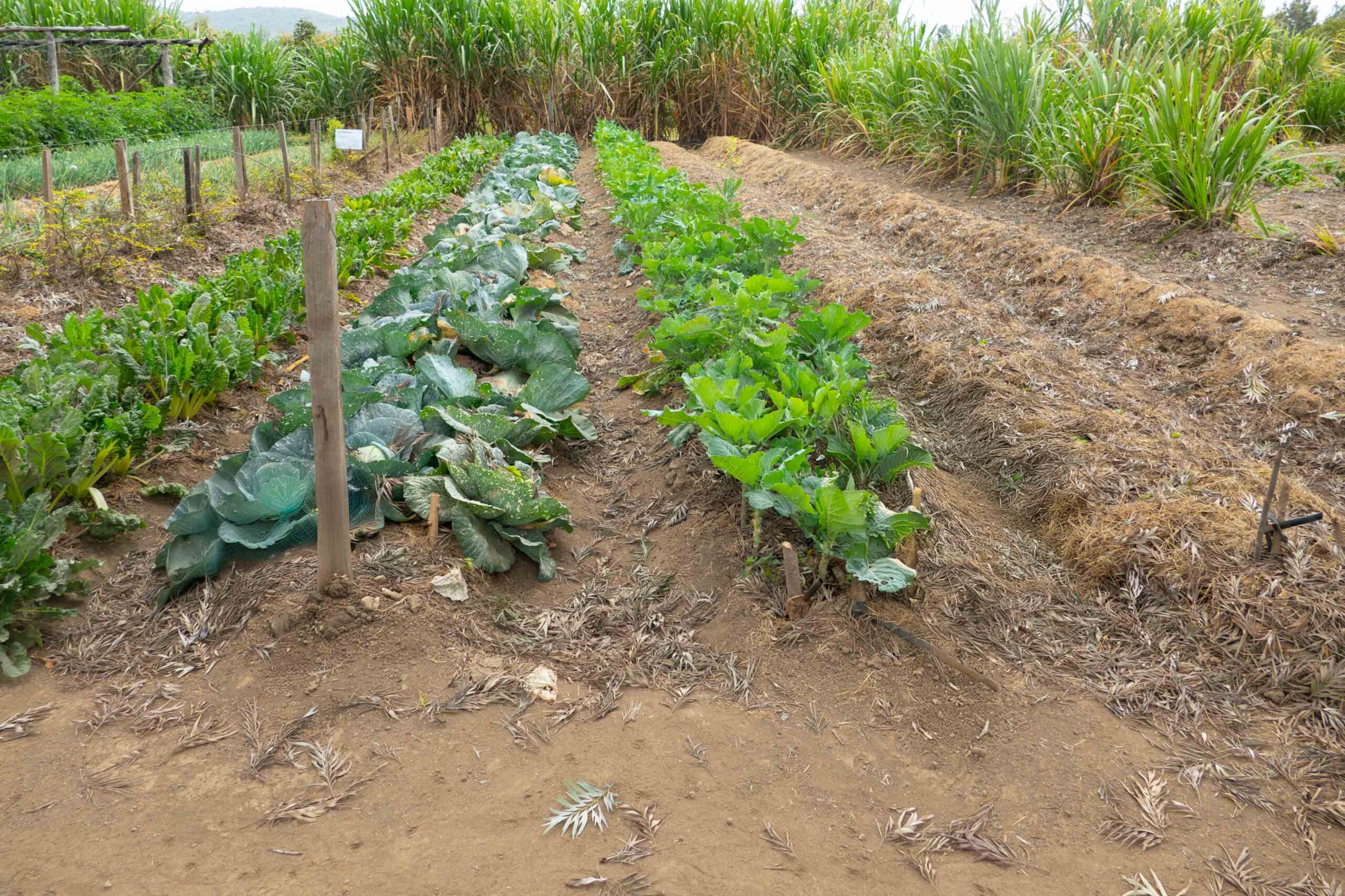The history of the Groundnut Scheme is so overwhelming farcical that the entire episode could easily be fabricated satire. If only it were so. Sadly, this comedy of errors did occur and makes for a deeply tragic tale. Nicholas Westcott expertly unravels the fall and fall of this extraordinarily ambitious project in Tanganyika on its road to becoming the largest, most expensive, and most disastrous development scheme the British Government had ever undertaken. Readers will be quick to draw comparisons to various large-scale, government-run megaprojects in the present and recent past that could easily rival this title. This contemporary resonance is well expressed – particularly in the closing chapter, ‘Legacy and Lessons’ – and many governments would do well to learn the lessons still to be taught from the fields of Kongwa, Nachingwea, and Urambo.
In response to a global fats and oils shortage after World War II, the scheme set out to convert three million acres of bush into the largest mechanized groundnut farm in the world. The scheme swallowed up the equivalent of £1 billion in four years (1946-50) and was not only a catastrophic failure but a political scandal. That’s the story in a nutshell, at least. But this was a complex chapter in Britain and Tanganyika’s shared history, and the intricacies of the saga are exposed in ‘Imperialism and Development’ through an impressive balance of engaging narrative and serious research. Westcott draws from a variety of sources to detail with precision how Britain set out to utilise the soil of its eroding empire to curb a potential margarine famine.
Westcott asks and answers several key questions. What happened? Why did things go so terribly wrong despite the inspiration and effort poured into it? How did this reflect the imperial project in the mid-twentieth century? What does it tell us about agricultural development and its transformation in Africa? And are there lessons we can learn of relevance today?
This was a remarkable failure that has received little scholarly attention despite its infamy. The expense (then £36m) was written off after the project went from bad to worse, ultimately producing nothing. The most worrying realisation from reading the book is how little has changed. Although it is hoped that at the very least, the lesson of ‘do not plant seeds where it doesn’t rain’ has been largely learned.
Westcott’s likening of this development disaster to a Greek tragedy is apt, and this is a ripping good read. It conjures up the atmosphere of the time and anyone who had friends or relations who were ‘Groundnutters’ will get a very clear impression of the scheme.
Nicholas Westcott is well qualified to spin this particular yarn with wit and academic aplomb. He first encountered files on the scheme at the National Archives (UK) in the late 1970s while a doctoral student at the University of Cambridge, then writing a thesis on ‘The Impact of the Second World War on Tanganyika, 1939–1951’. This book has therefore enjoyed a particularly long gestation which accounts for its richness. Westcott will be well known to readers as the incumbent Director of the Royal African Society (since 2017) and draws insights from over three decades of diplomatic service, many of which were spent in Africa (including as High Commissioner to Ghana, 2008-11).
IMPERIALISM AND DEVELOPMENT: THE EAST AFRICAN GROUNDNUT SCHEME AND ITS LEGACY. Nicholas Westcott. James Currey, Woodbridge, 2020. xvi + 243 pp. Hardback: ISBN 9781847012593 (£60). Ebook: ISBN 9781787449336 (£19.99).
Tanzanian Affairs readers can purchase the book at the discounted rate of £39 by visiting boydellandbrewer and entering the code “BB135” at checkout.






